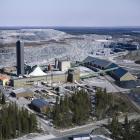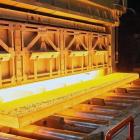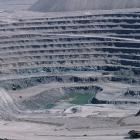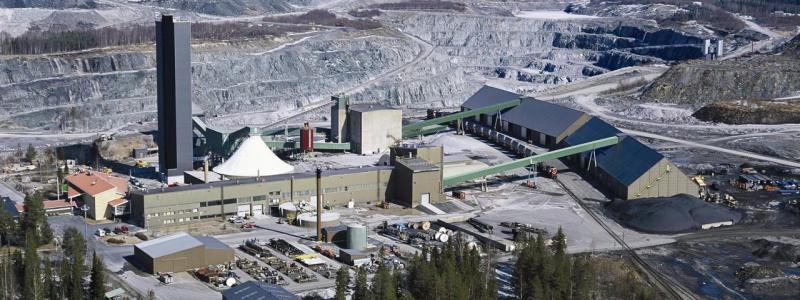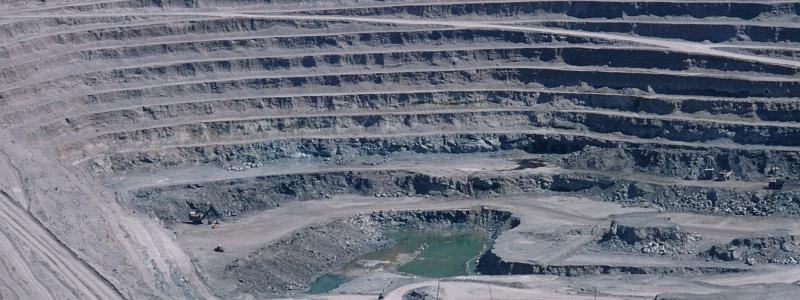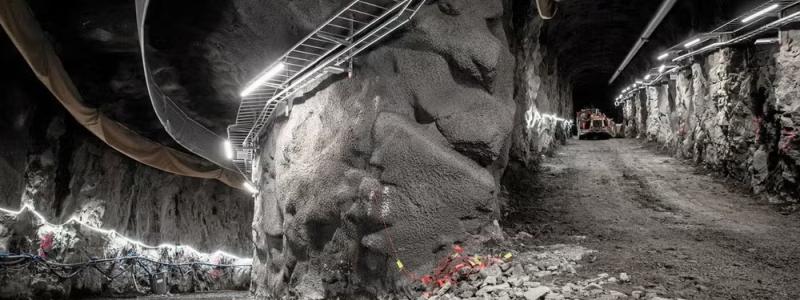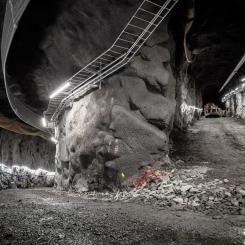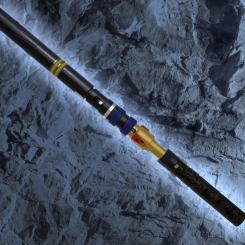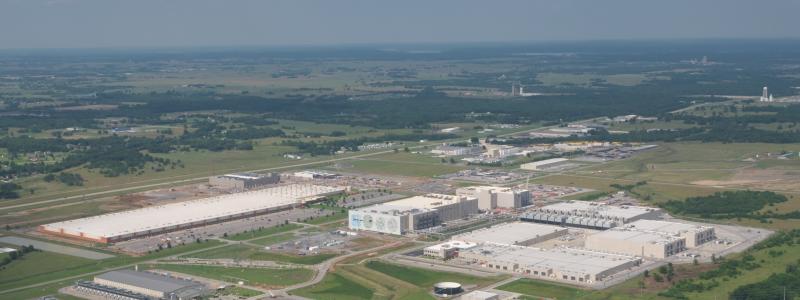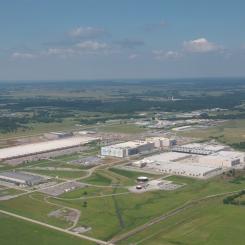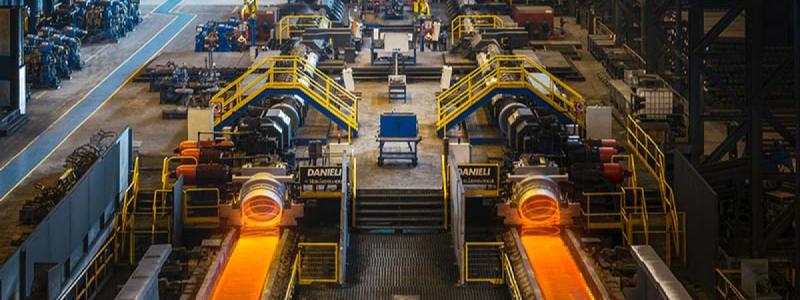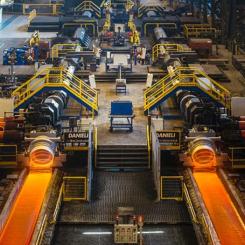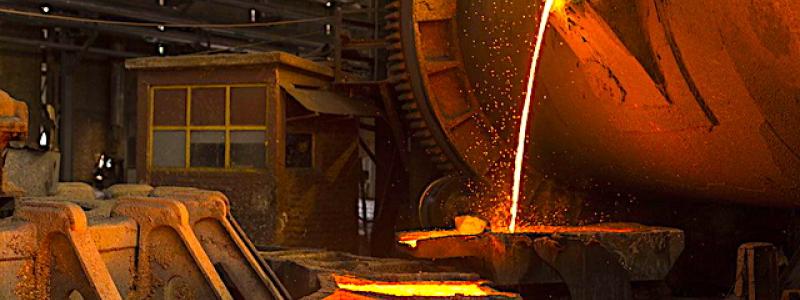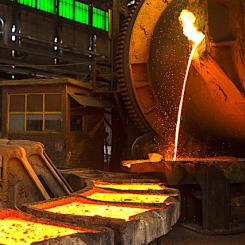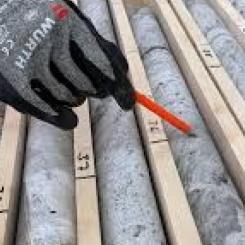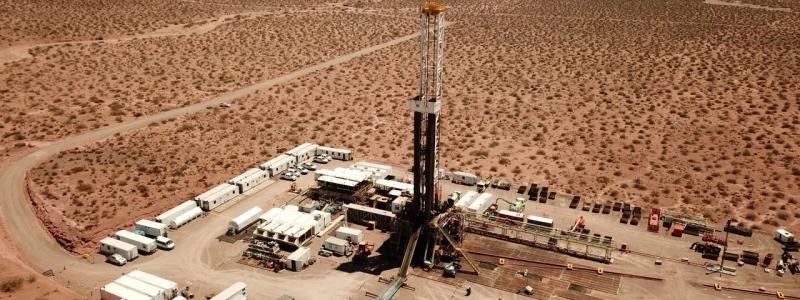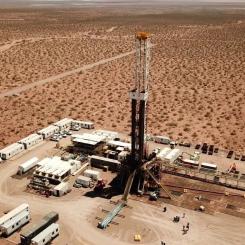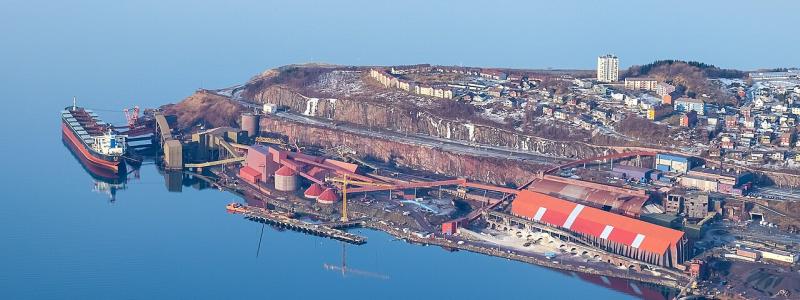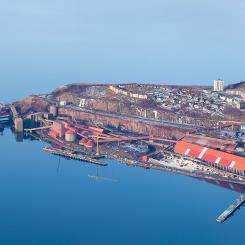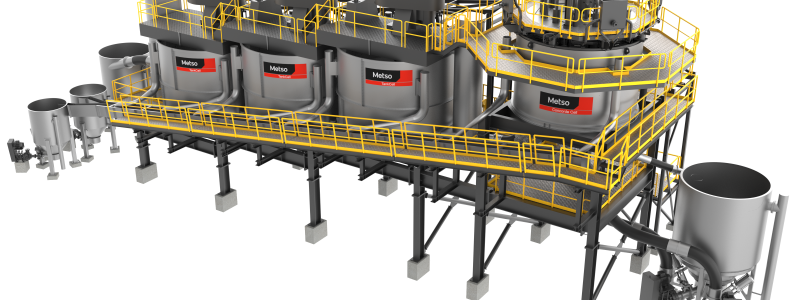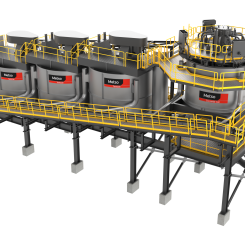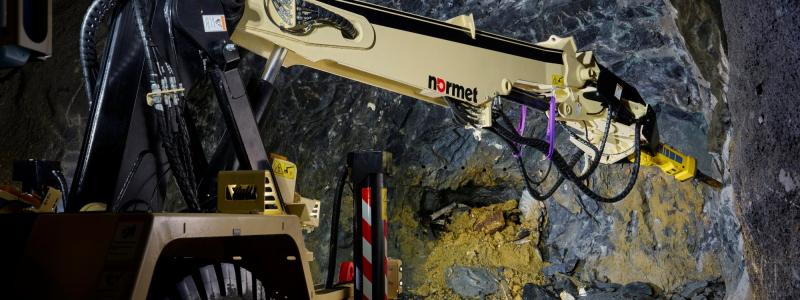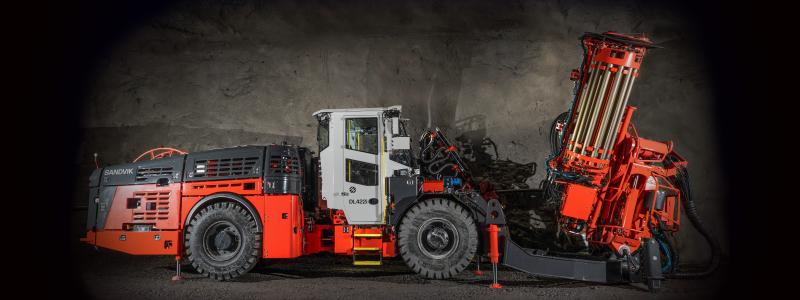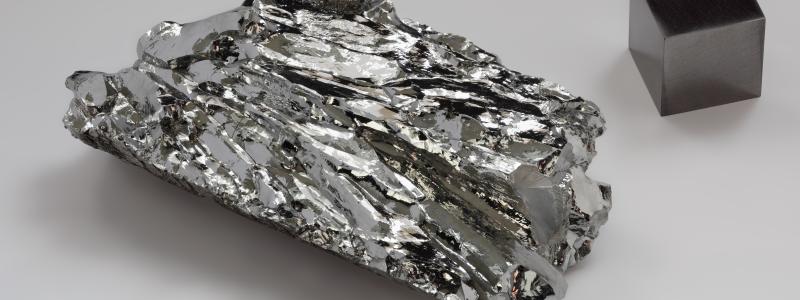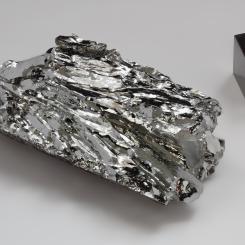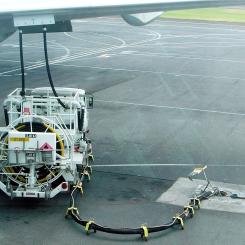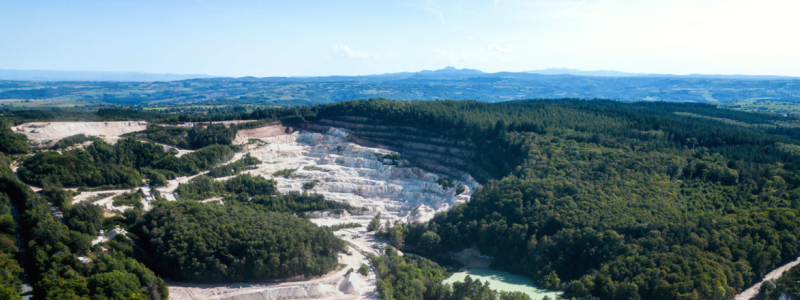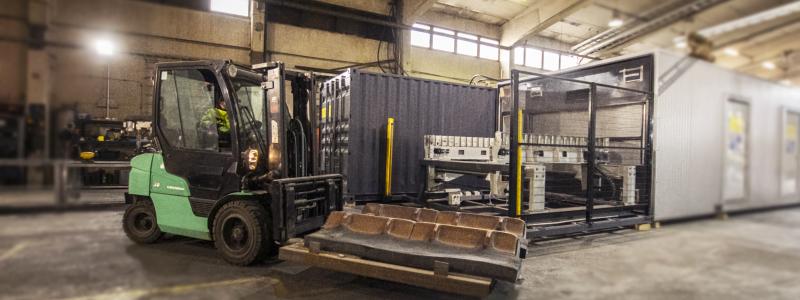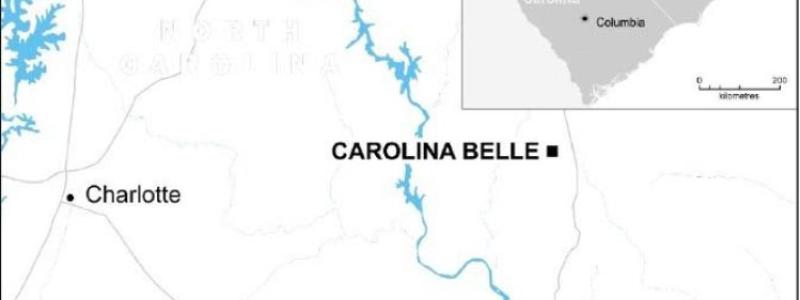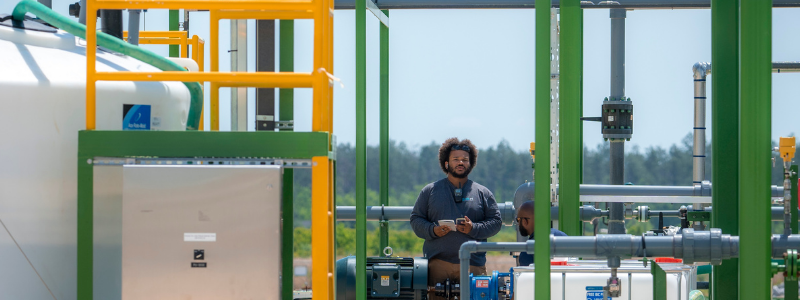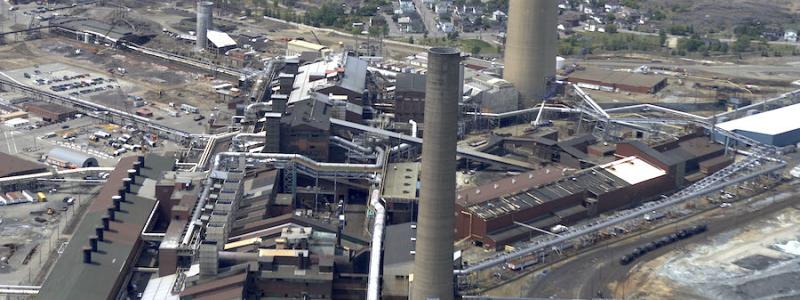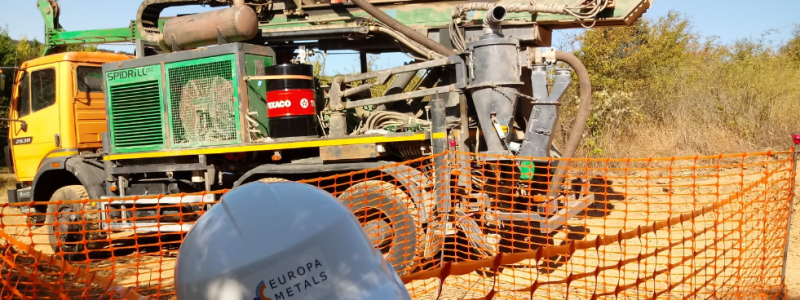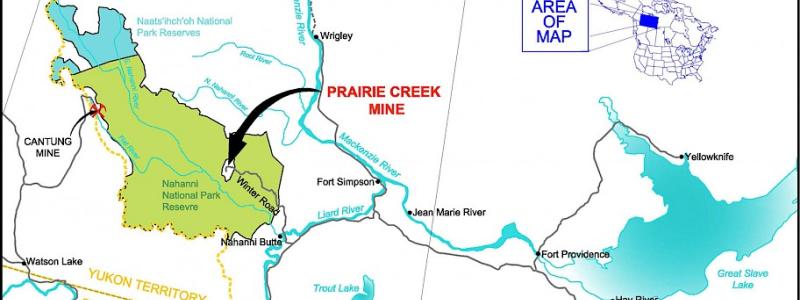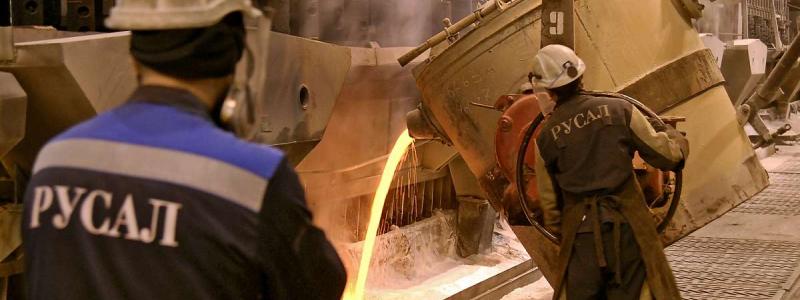International climate change negotiators announced late Saturday the 15th December in the Polish town of Katowice, that they have reached an agreement at COP24 in Poland. The text charts a path forward for countries to set tougher targets for cutting greenhouse gases under the Paris climate agreement, as well as stronger transparency rules for countries in disclosing their emissions.
The great question of the climate was newly decided in a city where dirty coal power dominates. The world looked closer at the host country of Poland which has been for a long time been a brake on EU climate policy.
Katowice is today a modern metropolis, a centre for research, culture and trade in southern Poland. The city is the base of the Polish Radio Symphony Orchestra and is one of UNESCO's music towns. It is also a city built on coal. It is not least the air that is among the worst in the EU.
The discovery of major coal and steel deposits caused the city to flourish in the late 19th century. After the Second World War, during which the city was demolished and partially destroyed, Katowice again grew with industry as a motor vehicle.
During the 1980s there were 14 active coal mines in the area and the coal industry employed around 400,000 people throughout the country. Today, only two mines remain and the number of workers has fallen to about 100,000.
Expensive and lethal carbon dependence
Despite the decline, Poland is still largely dependent on coal power. More than 80 per cent of the country's electricity and heat production came from coal in 2015, one of the cheapest and dirty fossil fuels.
Poland's coal dependence is a consequence of a number of governments unable to take the necessary steps towards a conversion. It is not only the fossil lobby that has a strong influence - but the country's unions are also worried about what will happen to the 100,000 workers in the coal industry in a conversion.
That's why Poland is opposed when other EU countries wanted to go ahead with ambitious emission targets. The country has previously counteracted the development of wind power and in the negotiations for the year's climate summit, priority has been given to issues such as energy security and poverty reduction and hunger rather than stronger commitments to reduce emissions.
One of the coal's strongest arguments for Poland has previously been that it is a domestic energy source, unlike natural gas. Today, two-thirds of Poland's gas comes from the Russian energy giant Gazprom. Recently, an agreement was signed with the United States on imports of gas to balance the Russian market, but in any case, the idea of becoming more dependent on foreign energy is not attractive to Poland.
However, in the long term, the coal is not a guarantee of it. Already today, Poland imports millions of tonnes of coal, of which half are actually from Russia.



